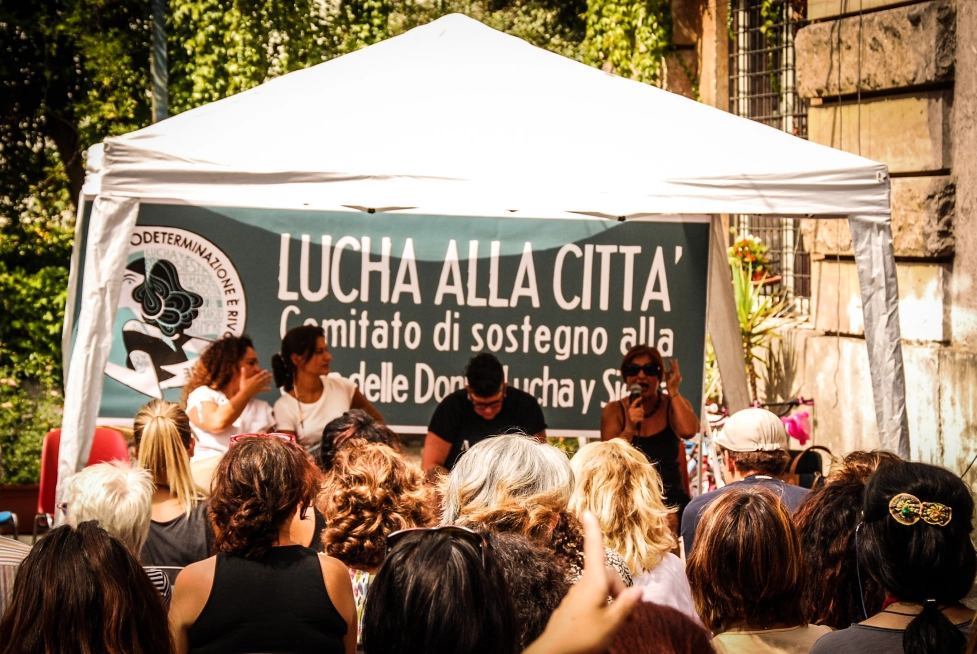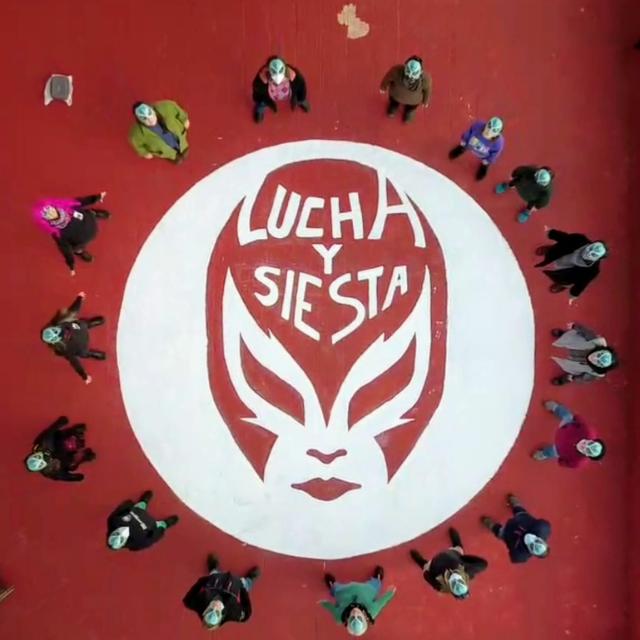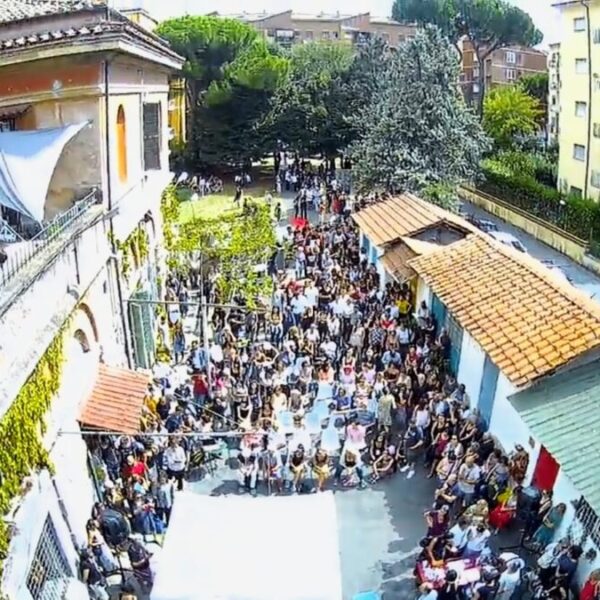In the southeast of Rome, since 2008, "Lucha Y Siesta", a group of feminists and women's rights activists, has been helping victims of gender-based violence. This name partly comes from their address, via Lucio Sestio, and partly from the Spanish words "siesta" (rest, referring to the safe spaces provided to women in distress) and "lucha" (fight).
In fifteen years of activity, the group has significantly expanded. Starting from the occupation in 2008 of an abandoned building owned by the public transport company of Rome, activities were born and expanded the Lucha Y Siesta community. Today, some of the activists have even created an association where they work as volunteers. With their various skills, they help those who are trying to get out of a critical situation, sometimes with underage children.
120 women killed in 2023
The association also manages centers for fighting violence and shelters on behalf of the city of Rome. It participates in numerous projects that go in this direction.
This is a beneficial activity in a complicated territory for the female population. According to data from the Italian government, in 2023, 120 women were killed in the country, 75% of them by their partner, in a family or emotional context. The centers fighting violence and shelters are about 60% fewer than what the Istanbul Convention (1) anticipates. The statistics also indicate around 12,500 cases of harassment and an increase in revenge porn, which is the non-consensual sharing of intimate images, with women being victims in over 90% of cases.

Italy condemned by the European Court of Human Rights
In Rome, the issue is very pronounced. According to the prosecutor of the Italian capital, Francesco Lo Voi, in 2023 there were about 10 reports of gender-based violence per day. In September 2023, the Council of Europe described the Italian situation as "worrying", especially in light of the multiple convictions by the European Court of Human Rights for Italy's "ineffective response" to women's complaints.
Since its creation until today, Lucha Y Siesta seeks to counter this problem. Simona Ammerata, co-founder, social worker, and activist from the center, explained that the impact of their volunteer work on the community is very significant. In addition to managing the occupied building on Lucio Sestio Street, Lucha Y Siesta has launched other projects over time - and also manages safe and secure shelter houses in secret locations. Women coming out of violent situations can rebuild a new life there safely, away from violent partners or ex-partners.
Problematic funding
"Dealing with gender-based violence is costly," explains Simona Ammerata. "For instance, the tender for a shelter that usually accommodates 5 or 6 women costs around 200,000 euros per year. Instead, we host 12 women per year. The call center is also crucial: typically, it would cost around 80,000 euros per year to the municipal coffers; money that we help them save."
In addition, there is the cultural impact, thanks to film screenings, book presentations, and the organization of events or festivals open to the neighborhood.
Lucha Y Siesta has been in difficulty for years. Over time, many authorities and institutions had recognized the public utility of the activists' activity. In 2019, the building was therefore put up for auction to balance ATAC's accounts (the public transport company of Rome), and was bought by the Lazio region with the intention of transferring it to Lucha Y Siesta. However, this agreement has since been broken and the region is trying to evict the women and auction the management of the building. In the meantime, in early 2024, Lucha y Siesta was nevertheless acquitted of the charge of illegally occupying the building.
For this reason, the volunteers remain confident. Over the years, Italian institutions will recognize the work done by the association against gender-based violence. However, Simone Ammerata concludes that "it is also necessary to fight violence at its source, and not downstream. This means that cultural interventions are needed to educate the younger generations on sexual and emotional education, and to eliminate systemic inequalities between men and women". In particular, she believes it is important to help women become independent from a professional and economic perspective. And therefore, less exposed to various forms of violence, including physical violence.
(1) The Council of Europe Convention on preventing and combating violence against women and domestic violence, also known as the "Istanbul Convention," requires Parties to develop laws, policies, and support services to end violence against women and domestic violence.

